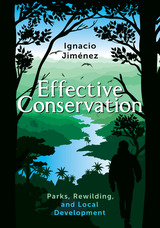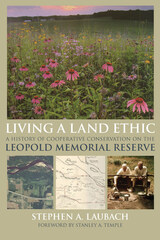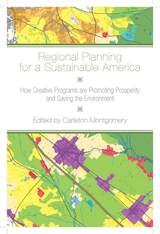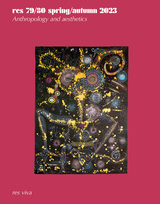
Effective Conservation is based on Jiménez’s experience managing conservation projects on three continents over thirty years. Jiménez offers a pragmatic approach to conservation that puts the focus on working with people—neighbors, governments, politicians, businesses, media—to ensure they have a long-term stake in protecting and restoring parks and wildlife. Jiménez guides readers through the practical considerations of designing, analyzing, and managing effective conservation programs. Chapters explore intelligence gathering, communication, planning, conflict management, and evaluation techniques, and include numerous text boxes showcasing examples of successful conservation projects from all continents. A companion website (islandpress.org/effective-conservation) includes additional case studies, expanded texts, and links to additional resources.
This highly readable manual, newly translated into English after successful Spanish and Portuguese editions, provides a groundbreaking and time-proven formula for successful conservation projects around the world that bring together parks, people, and nature.

Living a Land Ethic chronicles the formation of the 1,600-acre reserve surrounding the Shack. When the Leopold Memorial Reserve was founded in 1967, five neighboring families signed an innovative agreement to jointly care for their properties in ways that honored Aldo Leopold's legacy. In the ensuing years, the Reserve's Coleman and Leopold families formed the Sand County Foundation and the Aldo Leopold Foundation. These organizations have been the primary stewards of the Reserve, carrying on a tradition of ecological restoration and cooperative conservation. Author Stephen A. Laubach draws from the archives of both foundations, including articles of incorporation, correspondence, photos, managers' notes, and interviews to share with readers the Reserve's untold history and its important place in the American conservation movement.

Regional Planning for a Sustainable America is the first book to represent the great variety of today’s effective regional planning programs, analyzing dozens of regional initiatives across North America.
The American landscape is being transformed by poorly designed, sprawling development. This sprawl—and its wasteful resource use, traffic, and pollution—does not respect arbitrary political boundaries like city limits and state borders. Yet for most of the nation, the patterns of development and conservation are shaped by fragmented, parochial local governments and property developers focused on short-term economic gain. Regional planning provides a solution, a means to manage human impacts on a large geographic scale that better matches the natural and economic forces at work. By bringing together the expertise of forty-two practitioners and academics, this book provides a practical guide to the key strategies that regional planners are using to achieve truly sustainable growth.
READERS
Browse our collection.
PUBLISHERS
See BiblioVault's publisher services.
STUDENT SERVICES
Files for college accessibility offices.
UChicago Accessibility Resources
home | accessibility | search | about | contact us
BiblioVault ® 2001 - 2024
The University of Chicago Press









